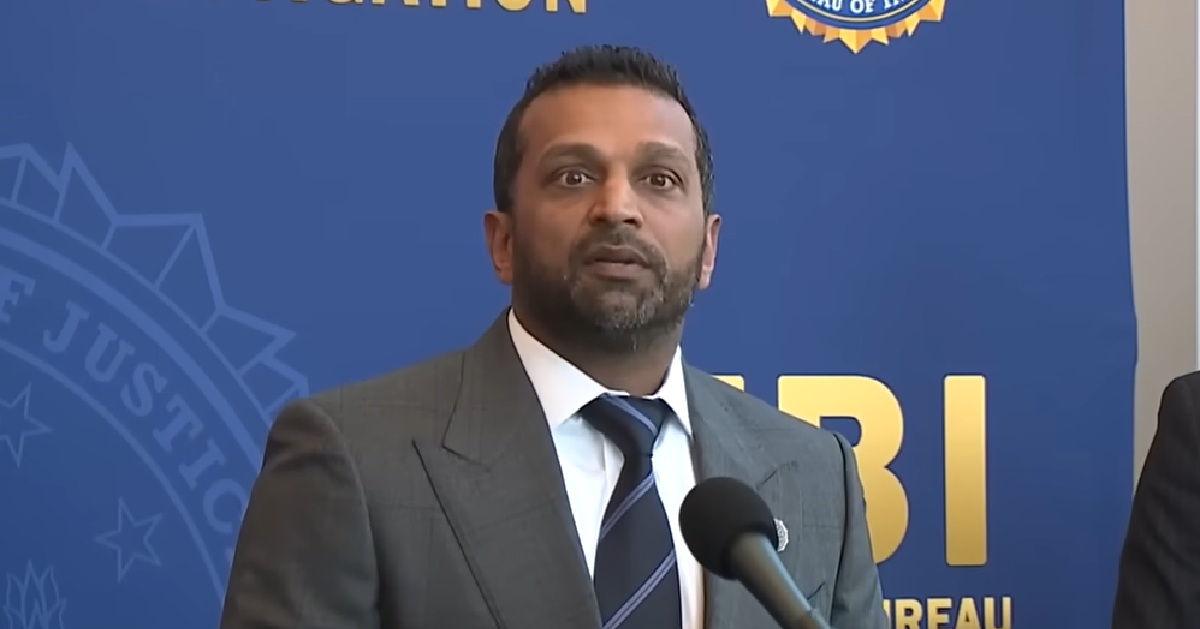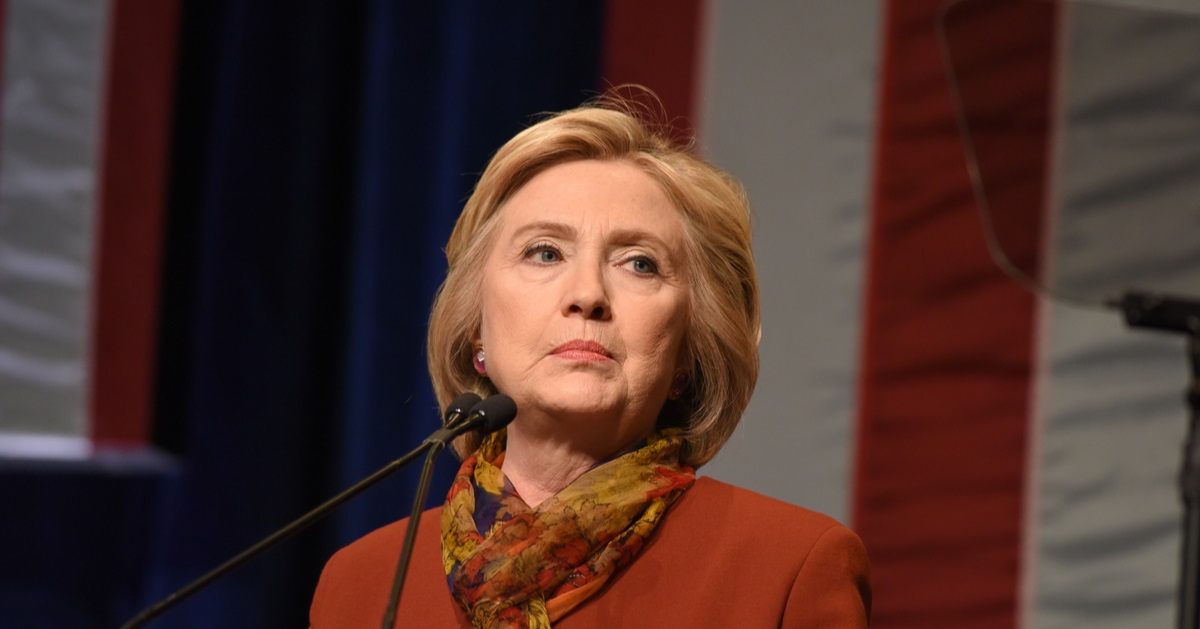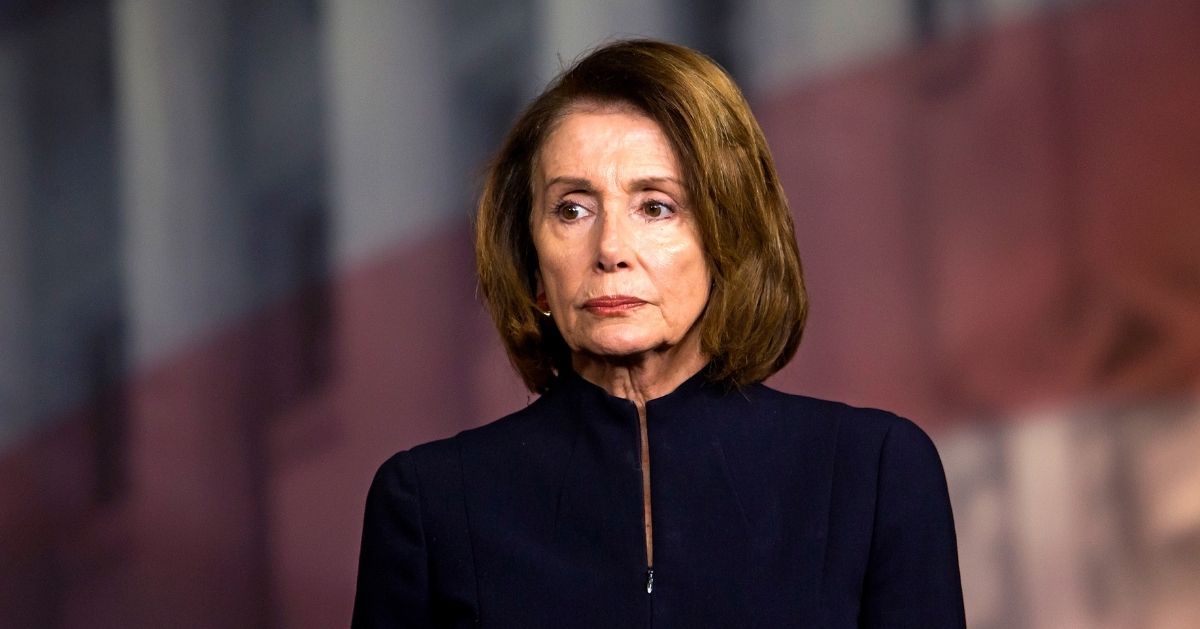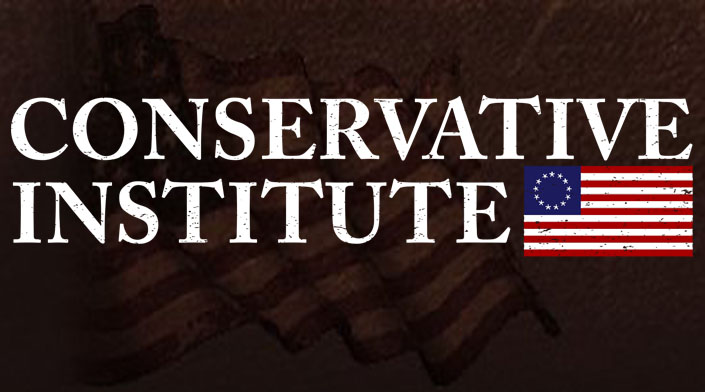Justice Jackson, who dissented from SCOTUS immunity ruling, 'concerned' it granted Trump special treatment
In July, liberal Supreme Court Justice Ketanji Brown Jackson dissented from the majority ruling of her conservative-leaning colleagues that recognized a relatively broad immunity from criminal prosecution for former presidents.
In a recent interview, Jackson confirmed that she was "concerned" about how that immunity ruling applied to former President Donald Trump, who has faced multiple criminal indictments and prosecution for multiple alleged crimes, according to CBS News.
Her concern was centered on the belief that the court's majority had conferred upon Trump a sort of special treatment that wouldn't be afforded to anybody else -- even though the majority opinion made it clear that they looked beyond just Trump and considered immunity from prosecution critical for all future presidencies.
Jackson "concerned" about special immunity for Trump
In what was billed as her first sit-down interview with broadcast media since she ascended to the high bench in 2022, Justice Jackson spoke with CBS News anchor and managing editor Norah O'Donnell ahead of the release of her new memoir, "Lovely One."
Unsurprisingly, the interview included a discussion of the Supreme Court's presidential immunity ruling and Jackson's dissent from the majority opinion that former presidents enjoy absolute immunity from prosecution for the core constitutional duties and presumptive immunity for nearly all other "official acts" while serving in the White House.
"I was concerned about a system that appeared to provide immunity for one individual under one set of circumstances, when we have a criminal justice system that had ordinarily treated everyone the same," Jackson said.
In her fiery dissent, the newest jurist on the bench hyperbolically proclaimed that "the court has now declared for the first time in history that the most powerful official in the United States can (under circumstances yet to be fully determined) become a law unto himself."
The court's immunity ruling
That's not exactly an accurate take on what the Supreme Court's conservative-leaning majority actually determined, however, as the immunity ruling made clear that former presidents can and should be prosecuted for any "unofficial" or private acts that violate criminal laws, according to SCOTUSblog.
To be sure, the majority opinion, authored by Chief Justice John Roberts, did specify that former presidents generally can't be criminally prosecuted for acts that fall within their "core" and "official" duties as president, nor can those acts be used as evidence to support a prosecution for allegedly criminal "unofficial" acts.
That said, it will be left up to the lower courts to determine what does and doesn't constitute official and unofficial acts if and when a prosecutor decides to bring charges against a former president -- such as Special Counsel Jack Smith and his quest to imprison former President Trump for various alleged crimes related to the 2020 election, which is the case that led to this Supreme Court ruling.
Liberal justices dissent
SCOTUSblog noted that Justice Jackson authored a dissent that accused the majority of usurping the balance of governmental power by granting additional authorities to the courts and the executive branch at the expense of Congress, and lamented that the ruling "undermines the constraints of the law as a deterrent for future Presidents who might otherwise abuse their power."
She also joined a dissent written by Justice Sonia Sotomayor, as did Justice Elena Kagen, that dubiously proclaimed that the majority ruling placed former President Trump "above the law" and conferred upon him and his Oval Office successors the powers of a king without any capability for the system to hold them accountable for alleged misdeeds and criminal behavior.
"Whether described as presumptive or absolute, under the majority’s rule, a President’s use of any official power for any purpose, even the most corrupt, is immune from prosecution," Sotomayor wrote. "That is just as bad as it sounds, and it is baseless."
For his part, Chief Justice Roberts addressed the concerns raised in the dissents and suggested they contained "a chilling tone of doom that is wholly disproportionate to what the Court actually does today," as he noted that the decision was, by necessity, "more farsighted" than just Trump's pending charges and that the court "cannot afford to fixate exclusively, or even primarily, on present exigencies."





